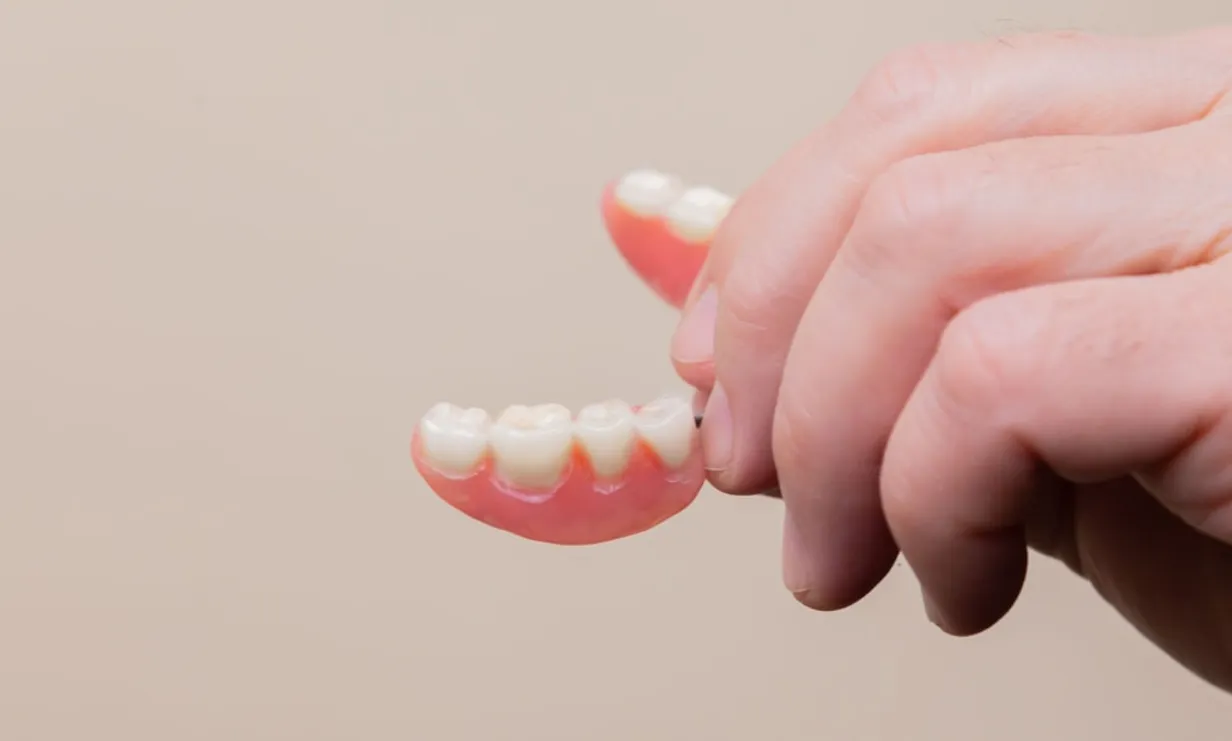
Understanding the Crucial Connection Between Oral Hygiene and Heart Health
The Oral-Systemic Link: An Overview
The connection between oral hygiene and heart health is more profound than commonly understood. Research indicates that poor oral health can contribute to heart diseases, making it critical to polish up your oral care habits. Understanding this link helps in instituting best practices for oral health that further promote overall well-being, especially cardiovascular health.
How Does Poor Oral Health Affect the Heart?
Bacteria and Inflammation
Poor oral hygiene can result in the accumulation of harmful bacteria in the mouth. These bacteria can cause periodontal disease, which introduces chronic inflammation. Chronic inflammation is a known risk factor for heart disease, as it contributes to atherosclerosis—hardening of the arteries, which is a precursor to heart attacks and strokes.
The Pathway to Cardiovascular Issues
Neglecting oral care leads to gum diseases like gingivitis and periodontitis. If untreated, these conditions allow bacteria to enter the bloodstream, moving toward other parts of the body. Once bacteria reach the heart, they can attach themselves to any damaged area and cause inflammation, leading possibly to endocarditis, an infection of the inner lining of the heart.
Preventative Measures for a Healthy Heart and Mouth
Regular Brushing and Flossing
Simple yet effective, daily brushing and flossing help remove plaque, a sticky bacterial film, from the teeth. Preventing plaque buildup reduces the risk of gum disease, thereby minimizing the potential for bacteria to enter the bloodstream.
Regular Dental Check-ups
Visits to the dentist should be scheduled bi-annually. Professional cleanings can remove tartar that regular brushing or flossing can’t tackle. Dentists can also detect early signs of dental conditions that could ultimately affect your heart's health.
Maintaining a Heart-Healthy Diet
A diet rich in fruits, vegetables, whole grains, and lean proteins not only benefits your heart but also your dental health. Foods rich in omega-3 fatty acids, like fish and flaxseeds, are shown to reduce inflammation, which is good for the gums and the heart.
Conclusion
By understanding the connection between oral hygiene and heart health, you can make informed decisions that benefit both. Incorporating these practices into your daily routine promotes not only a healthy smile but also a healthy heart, ultimately enhancing your overall quality of life. Remember, consistent care and regular dental visits are key components in safeguarding both your oral and heart health.
Popular Oral Health Articles
Explore the articles our readers find most helpful, ranging from basic dental care tips to advanced oral health topics.



Related Posts
View All
Understanding the Impact of Oral Microbiome on Dental Health


